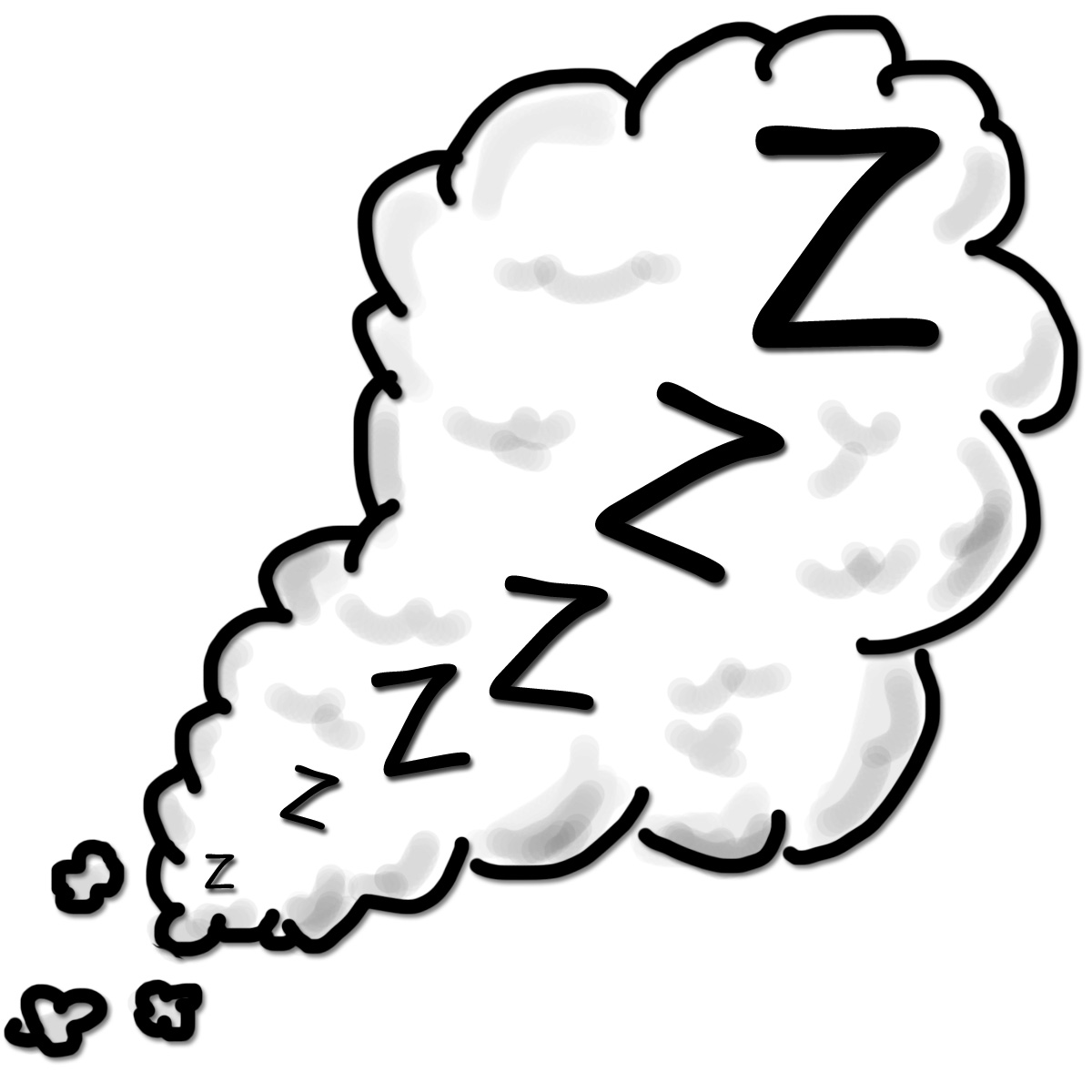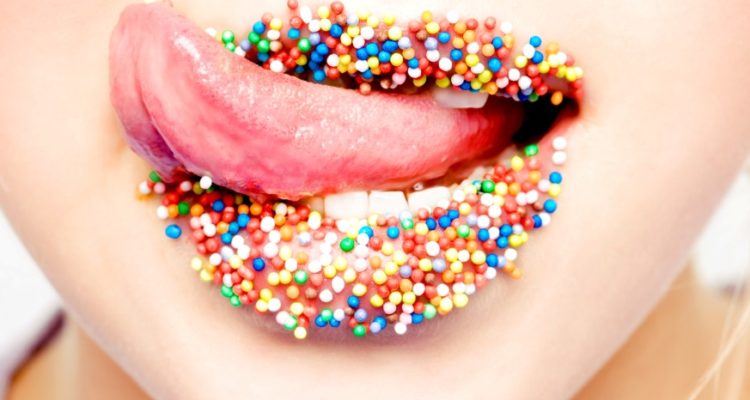Let’s talk about sugar cravings!
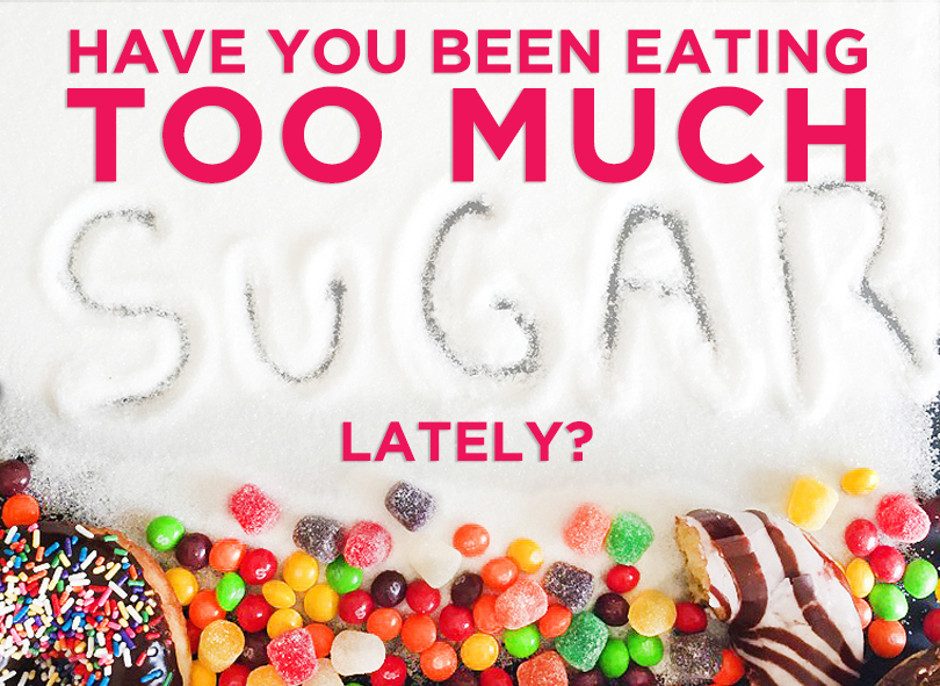
Do you get them?
I most definitely do, and the vast majority of people I work with and speak to have times when they struggle with cravings for sweet treats too. But to a large extent, cravings for sugary or fatty foods is hardwired into our biological make-up. After all, it’s only animal instinct to seek out the most energy-rich foods for survival, and humans are no different.
Quick Energy:
Think about when you’re reeeeeeally hungry after a long day at school, college or work. The majority of people don’t crave a healthy, light salad… we crave a food that will give us a quick blast of energy. Many of us will reach for a biscuit, energy bar, sugary drink, bread and butter, or if you’re a dark chocolate fan like me – a square (or four) of chocolate to give you that much-needed energy boost.
Yes, dark chocolate generally has less sugar than milk or white varieties, but it’s definitely enough to make a speedy impact on blood sugar levels.

Simple Sugar:
Simple sugars provide an instant burst of energy for the body, which is why so many people reach for a biscuit or bar to combat that mid-afternoon energy slump. But this instant rush of glucose into your bloodstream causes your blood sugar to quickly raise as it triggers the pancreas to release insulin, which stores the excess glucose as fat and may eventually lead to insulin resistance.
Insulin is a major fat-storing hormone, and its control is crucial to longterm successful weight management.
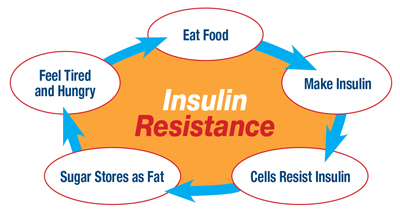
Sugar and Bloating:
Refined sugar can also cause your body to look and feel more bloated than normal, as glycogen is stored with molecules of water to be eventually used as energy.
Having been a complete sugar addict in my early twenties, I finally banished sugar from my diet completely and it is so worth it!
Brain Neurotransmitters and Sugar Cravings:
Serotonin is one of your most important brain neurotransmitters for a positive mental attitude and better quality sleep. Up to 90% of the chemical is actually produced in your digestive tract, but low levels in your brain may lead to irritability, low motivation, depression, poor sleep and powerful cravings for sugary and stodgy comfort foods.
Sound familiar?! I know that when I’m tired, I reach for stodgier foods like white bread and pasta first.
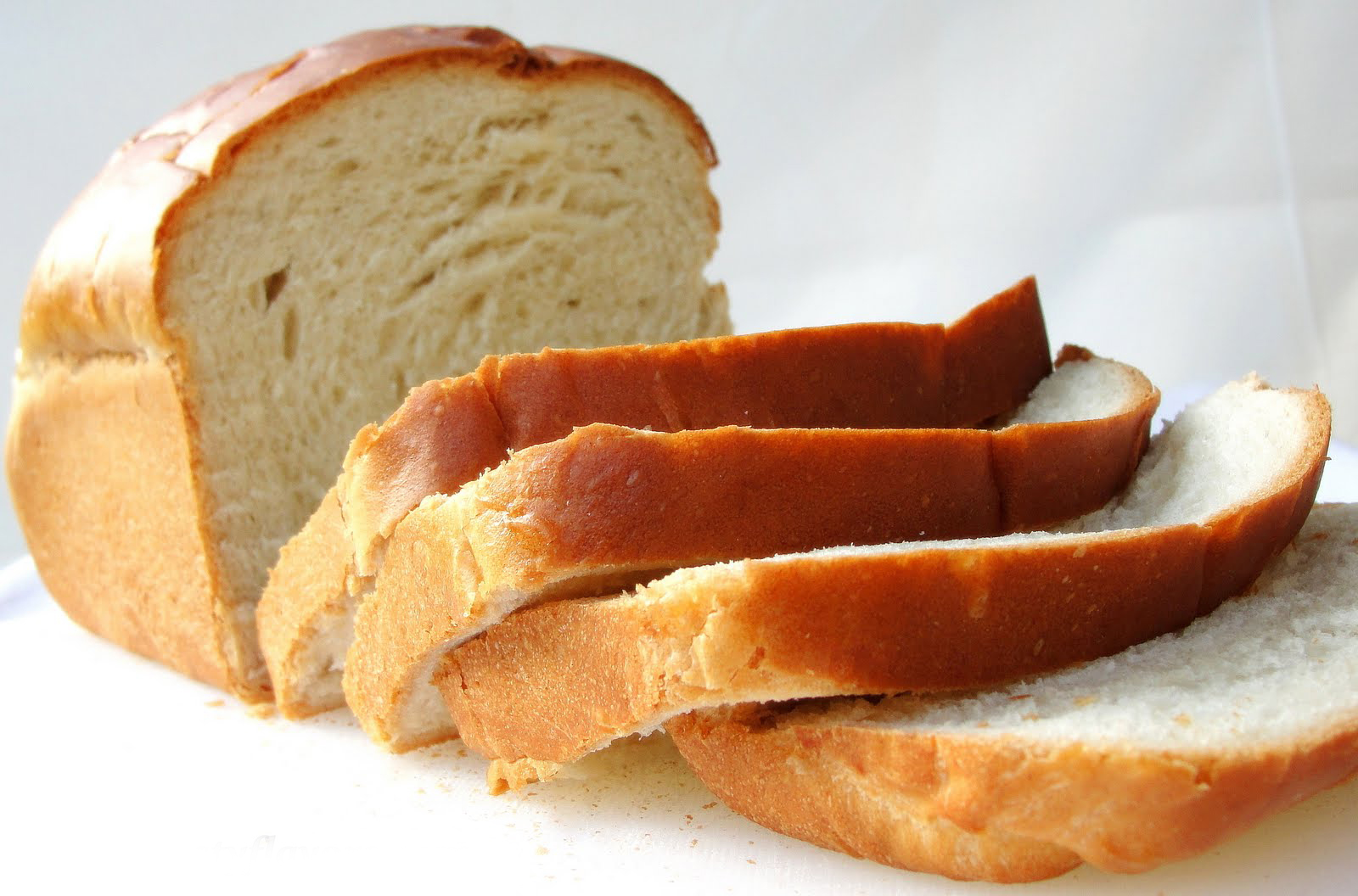
According to scientific research, the levels of serotonin in your brain may have a big influence on your eating choices. Tryptophan is the essential amino acid that produces serotonin with the help of co-factors including vitamin B6 and zinc.
Appetite Control:
Pioneering research conducted at the Massachusetts Institute of Technology, discovered that when humans are fed diets that are specially formulated to be deficient in tryptophan, their appetite dramatically increases, which leads to binge-eating carbs and refined sugar. The low tryptophan diet causes low brain serotonin, which the brain interprets as a starvation state, and then powerfully stimulates your appetite control hormones.
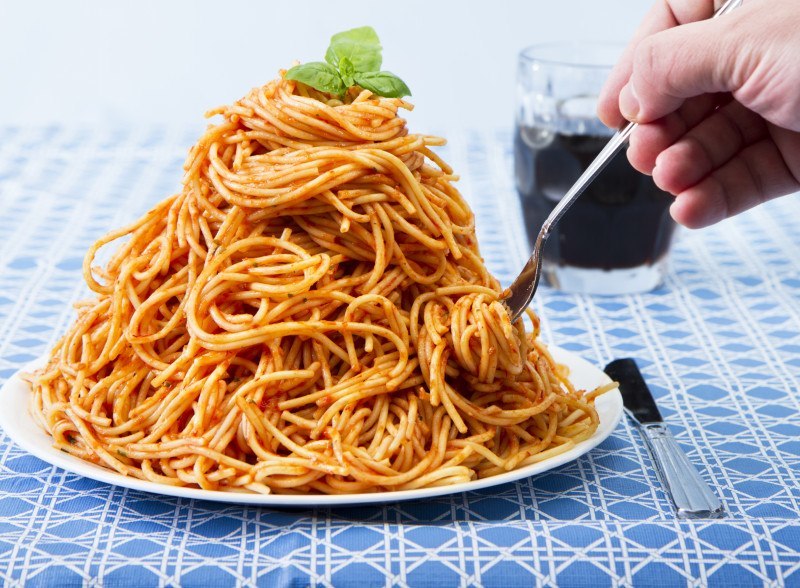 This type of stimulation makes you want to eat carbs over every other type of food, because a high-carbohydrate meal delivers tryptophan to the brain quickly, enabling serotonin to be formed. Therefore, low serotonin levels trigger carbohydrate cravings and may play a significant part in the progression of weight gain.
This type of stimulation makes you want to eat carbs over every other type of food, because a high-carbohydrate meal delivers tryptophan to the brain quickly, enabling serotonin to be formed. Therefore, low serotonin levels trigger carbohydrate cravings and may play a significant part in the progression of weight gain.
What Can Be Done?
These are five of my favourite ways to support your serotonin and avoid snacking or even binging on sugary and stodgy foods:
1. Eat a diet sufficient in protein and especially tryptophan-rich foods, such as almonds, almond milk, almond butter, pumpkin seeds, sunflower seeds, cashews and walnuts, which all contain over 50 milligrams of tryptophan in a quarter of a cup. Legumes like lentils, beans and peas provide around 180 milligrams per cup.

2. Include these protein foods with every meal and snack to add up throughout the day. They provide fibre and amino acids to keep blood sugar levels stable, and tryptophan to support serotonin.

3. Exercise regularly to boost your feel-good endorphins and serotonin levels, oxygenate body and brain, as well as burn body fat and encourage healthy food choices.

4. Avoid stimulants that may lower serotonin levels, particularly recreational drugs and excessive alcohol. The high that they give will usually be followed by a low-serotonin crash, which may last a few days as your brain and body recover and rebalance.

5. Get sufficient sleep. Easier said than done, but research consistently links insufficient sleep with low brain serotonin levels, which may trigger cravings for sugary and stodgy snacks.
